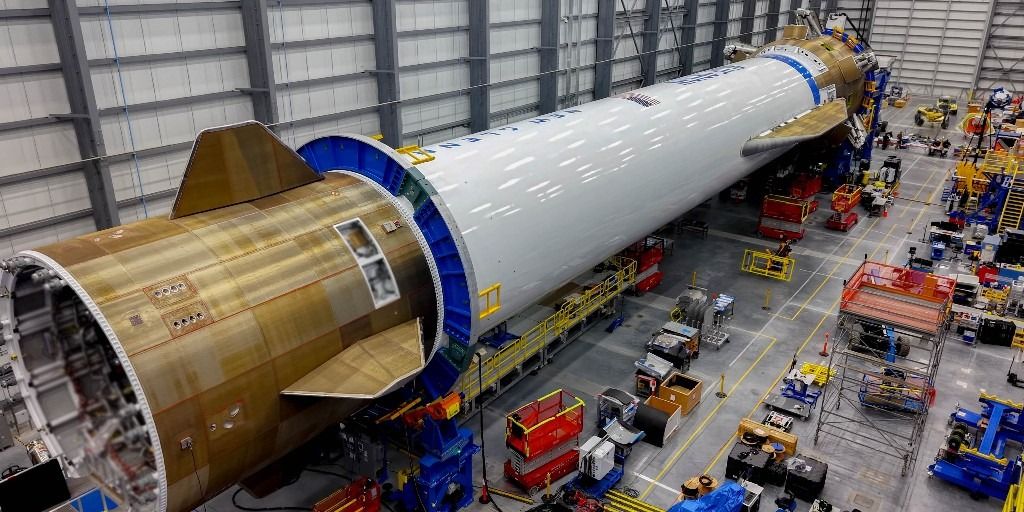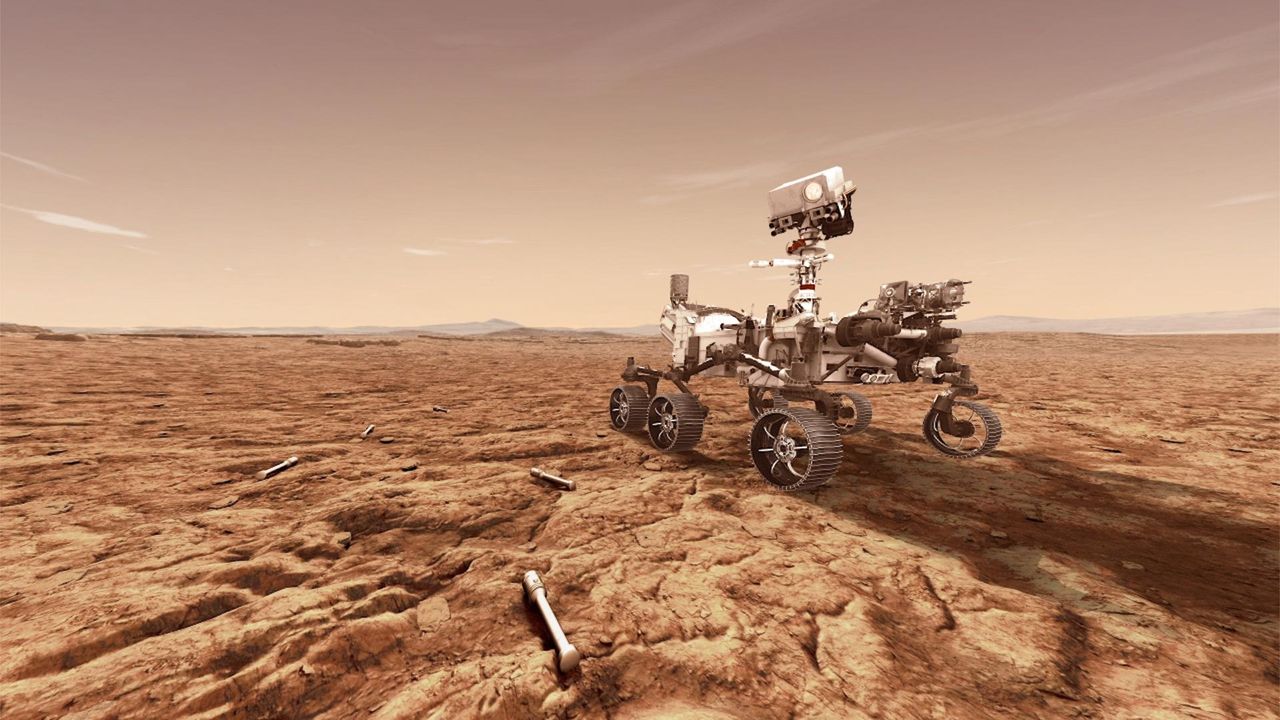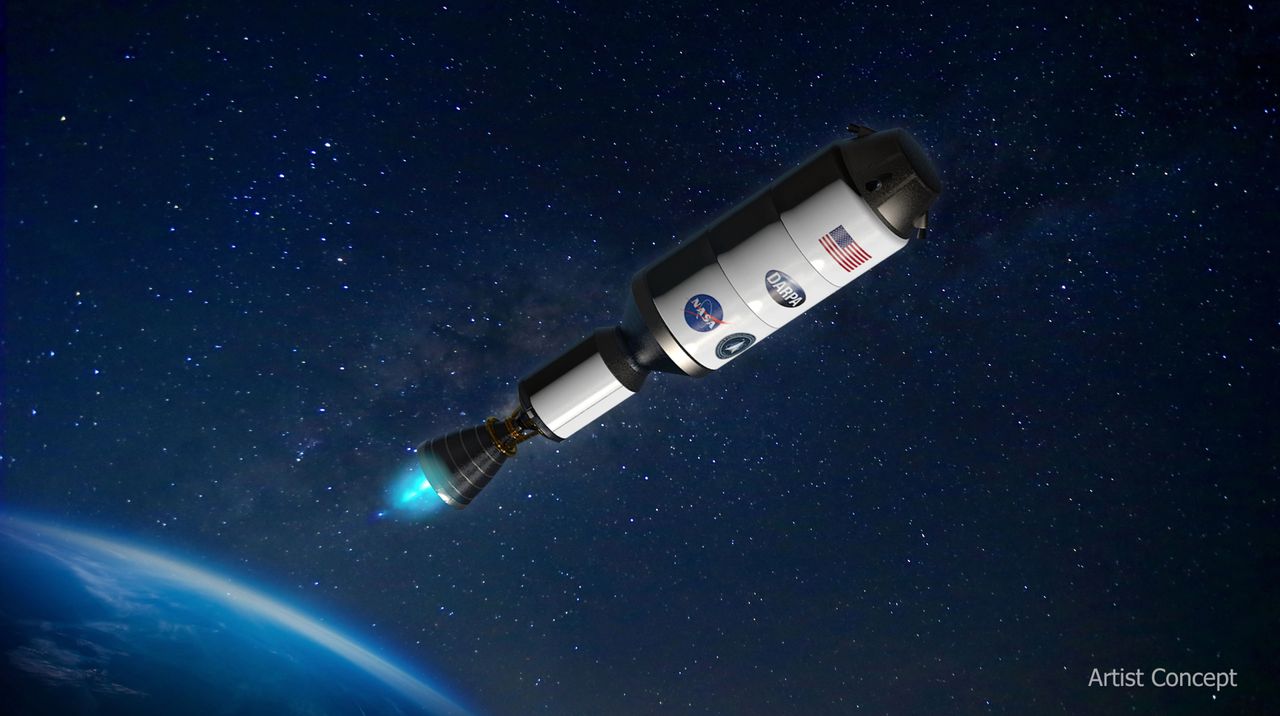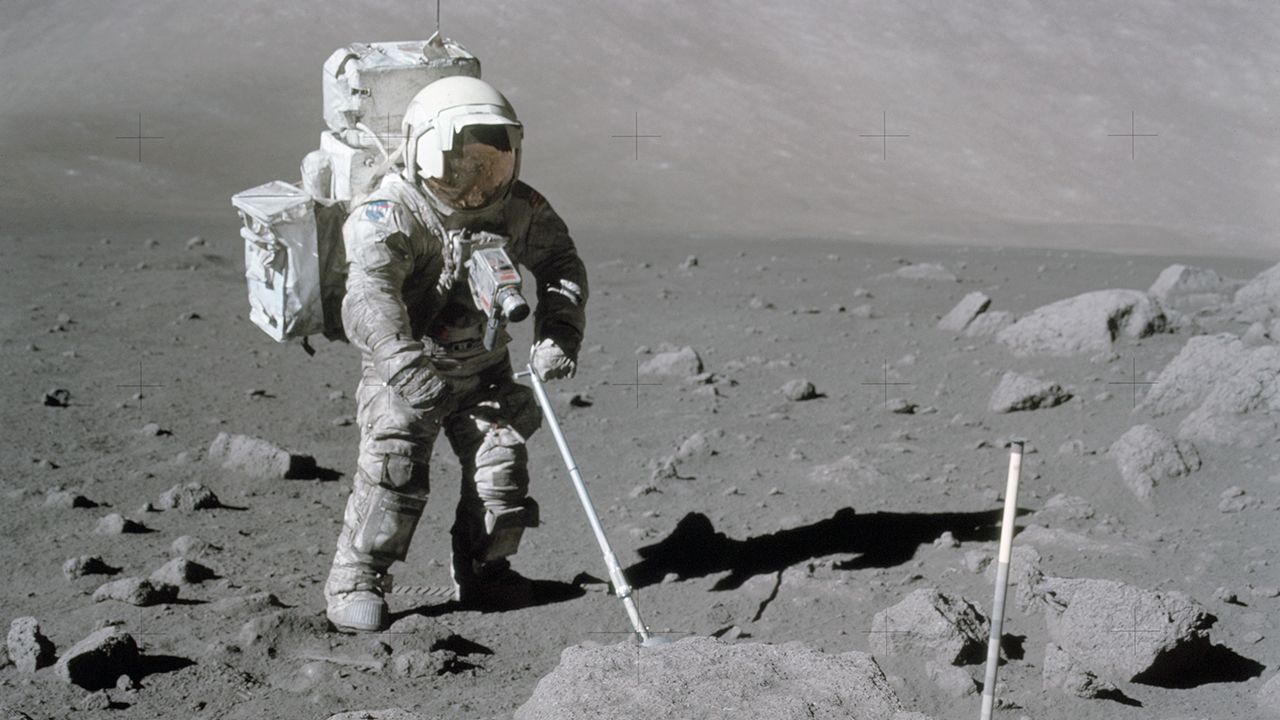ESA spacecraft sees a kaleidoscope of color in Mars' atmosphere | Space photo of the day for Sept. 26, 2025
PositiveScience

The European Space Agency's Trace Gas Orbiter has captured stunning new images of Mars' atmosphere, showcasing its intricate layers of dust and ice. These visuals not only highlight the beauty of the Red Planet but also provide valuable insights into its atmospheric evolution, helping scientists understand more about Mars' history and potential for life. This discovery is significant as it enhances our knowledge of planetary atmospheres and the processes that shape them.
— Curated by the World Pulse Now AI Editorial System







